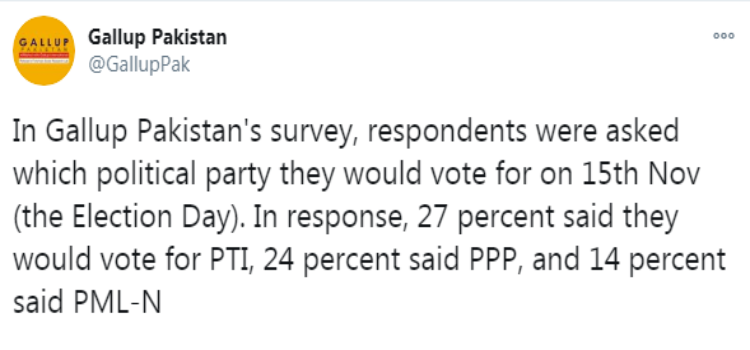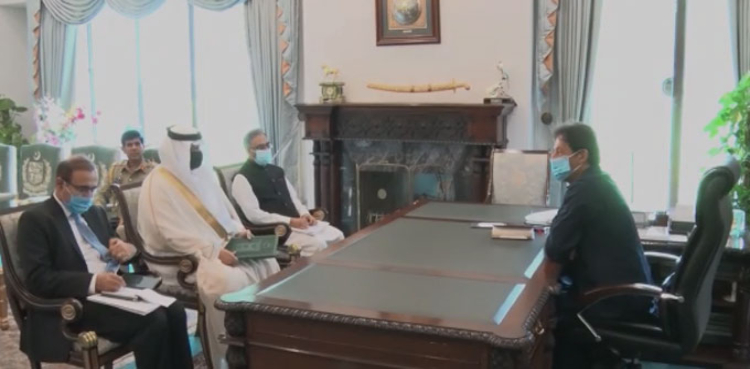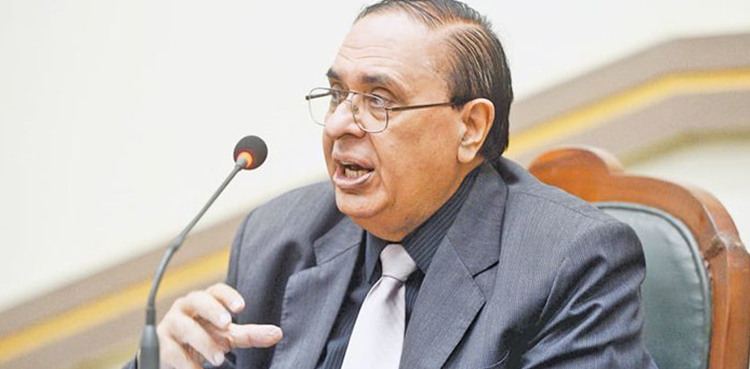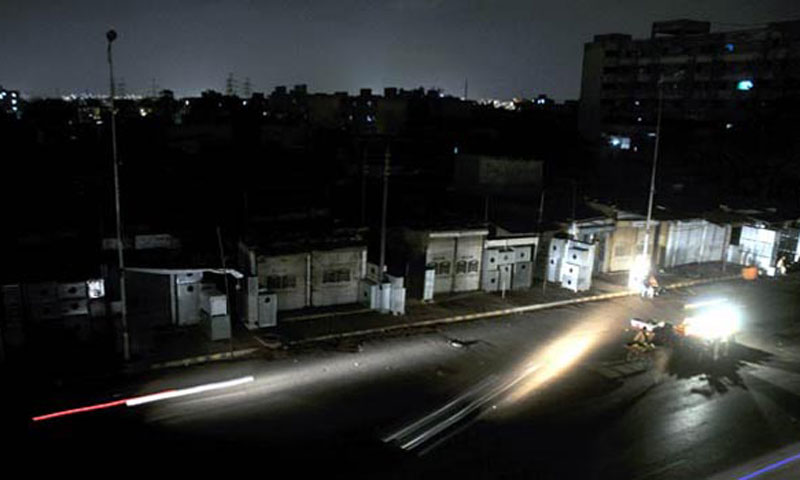Gallup Pakistan surveys suggests that Pakistan Tehreek-e-Insaf (PTI) is way ahead of other political parties in 2020 Gilgit-Baltistan elections scheduled to be held on Sunday November 15th.
According to the two public surveys conducted by Gallup Pakistan and Pulse Consultant, PTI – which is also the ruling party in the center, is likely to win the 2020 Gilgit-Baltistan elections.
The survey report argues that PTI is significantly in a stronger position that other political parties contesting in the 2020 GB elections.
The elections are expected to be closely contested primarily between PTI and Pakistan Peoples Party (PPP), with Pakistan Muslim League Nawaz (PML-N) at the third position.
Prime Minister Imran Khan has emerged as the most popular political leader, followed by PPP Chairman Bilawal Bhutto Zardari and Nawaz Sharif respectively.
As per details, around 27 per cent of the people who participated in the survey said that they’ll vote for PTI, 24 per cent for PPP and 14 per cent for PML-N.

Meanwhile, Pulse Consultant survey report shows that 35 per cent of the respondents opted for PTI, PPP – 26 per cent and 14 per cent for PML-N.
Gallup survey shows that PTI enjoys a mere 3 per cent margin as the people’s first choice against PPP, whereas the Pulse survey report argues this gap to be of 9 per cent.
When inquired about their favourite leader, 42 per cent of respondents in Gallup survey chose PTI Chairman Imran Khan followed by PPP’s Bilawal Bhutto and PML-N’s Nawaz Sharif securing 17 per cent and 15 per cent people’s preference respectively.
Pulse Consultant’s survey report more or less reflected the same result with 41 per cent of the people choosing PM Imran Khan, Bilawal Bhutto – 23 per cent and Nawaz Sharif – 16 per cent.
Furthermore, when asked about the transparency and fairness in the upcoming elections, 31 per cent of the people said that the elections will be completely fair, 29 per cent expected the elections to be fair to some extent whereas 5 per cent believed that elections will not be fair.
Similarly, Pulse survey raised the same question which showed that 29 per cent of the respondents believed the elections will be transparent, whereas 20 per cent said that elections will not be transparent.


















































